Gynecology

Fertility Testing
Fertility testing for women is essential to diagnose potential barriers to conception. Typically recommended after a year of trying to conceive (or six months for women aged 35 and older), these tests aim to identify underlying issues that may hinder pregnancy. They include discussions about medical history, blood tests to assess hormone levels and ovarian reserve, pelvic examinations, and minimally invasive procedures such as ultrasound imaging and surgery. Dr. Halio emphasizes the significance of thorough testing in making precise treatment plans, thereby optimizing the likelihood of successful conception.
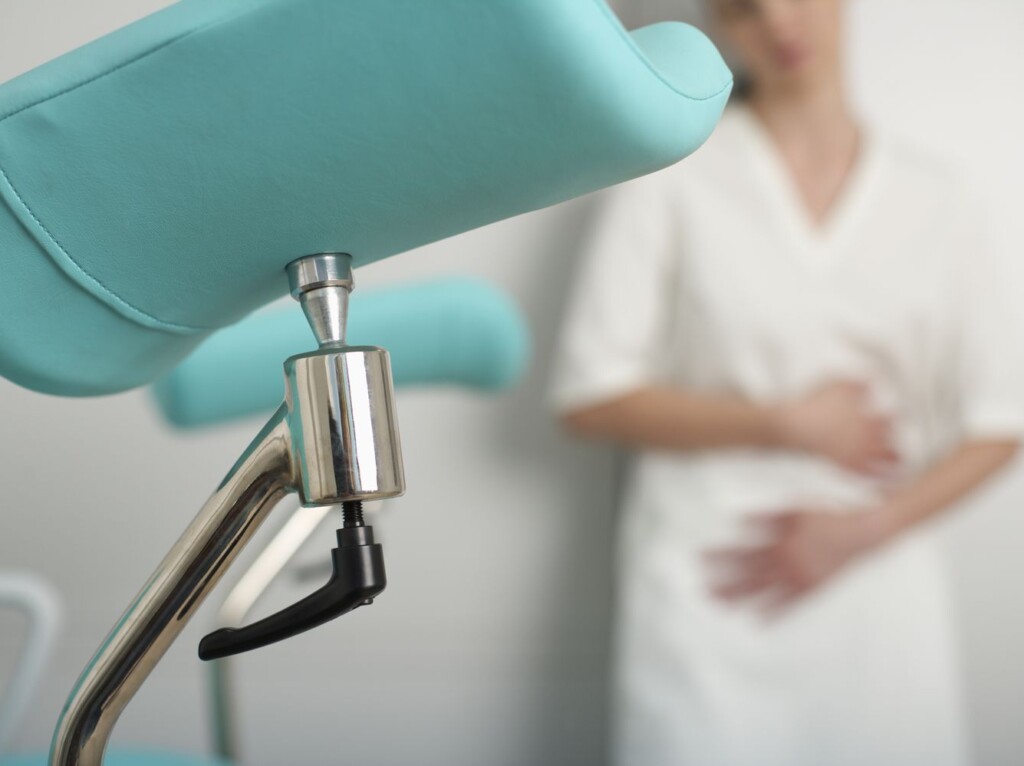
In-office LEEP procedures
Dr. Halio specializes in performing the Loop Electrosurgical Excision Procedure (LEEP), a treatment designed to remove precancerous cells from the cervix effectively. By eliminating these abnormal cells, the progression into cervical cancer is halted. During the procedure, a small wire loop connected to an electrical current is used to precisely remove the abnormal tissue from the cervix. This process ensures thorough removal of the affected area. The excised tissue is then sent to a laboratory for further analysis.
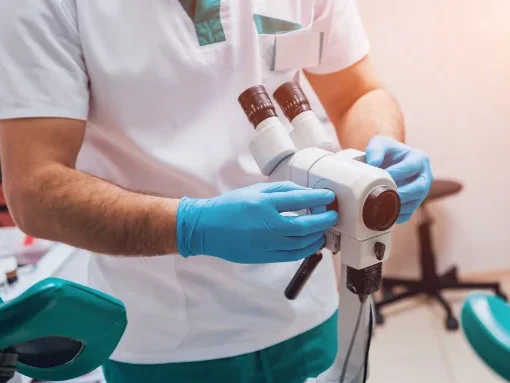
Colposcopy
Colposcopy is a method used to examine the cervix, vagina, and vulva using a specialized magnifying device called a colposcope. This device greatly enlarges the normal view, allowing an obstetrician-gynecologist to detect problems that may not be visible to the naked eye. It is typically performed when the results of cervical cancer screening tests indicate abnormal changes in the cervix cells, providing additional information about these abnormal cells. Additionally, colposcopy may be recommended if you have certain types of human papillomavirus (HPV) infection. This procedure is out in the ob-gyn’s office, ensuring prompt evaluation and personalized care for patients.

Alternatives to Hysterectomy
Facing the decision of whether to undergo a hysterectomy is very challenging for many women. While this procedure can provide relief from various health issues, it’s important to understand all of the implications before deciding if it’s right for you and to explore all other available alternatives. For the most part, a hysterectomy is necessary only for life-threatening conditions such as cancer, uncontrollable bleeding, or an obstetrical emergency, or for severe uterine prolapse. In many other circumstances, a hysterectomy is not the only option, nor should it necessarily be the first one considered. Dr. Halio is dedicated to guiding you through this decision-making process, exploring whether a hysterectomy aligns with your needs and offering alternative options to ensure the best medical decision for your individual situation.

Early OB Exam
As soon as you suspect you’re pregnant, it is advisable to promptly schedule your initial prenatal visit to embark on your journey towards a healthy pregnancy. Typically occurring around eight weeks after your last menstrual period, this first appointment marks a crucial step in ensuring the well-being of both you and your developing baby. Even if you have not yet selected a healthcare provider for your pregnancy, it is important to consult with someone who can guide you through the early stages of your pregnancy.

Pelvic Exams
A pelvic exam is a vital assessment of your sexual and reproductive health, examining both external and internal pelvic organs like the vulva, vagina, cervix, and uterus. It may be recommended for various reasons. If you experience abnormal bleeding, unusual vaginal discharge, pelvic pain, or pain during sex, a pelvic exam helps diagnose gynecological issues. It is necessary for procedures like intrauterine device (IUD) insertion or endometrial biopsy. A pelvic exam is typically performed at your first prenatal care visit. If you have a history of gynecological conditions such as cervical dysplasia, you may require regular screenings.

Pelvic Pain
Chronic pelvic pain is pain in the pelvic area that lasts for 6 months or longer. Chronic pain can come and go, or it can be constant. It may occur during menstruation or it may only occur at certain times, such as before or after eating, while urinating, or during sex. Chronic pelvic pain can be caused by a variety of conditions may not be related to the reproductive organs but to the urinary tract or bowel. Diagnosing pelvic pain is challenging due to multiple potential causes, sometimes with no identifiable reason. It’s crucial to consult with your healthcare provider, who may conduct a pelvic exam and order tests to determine the cause.
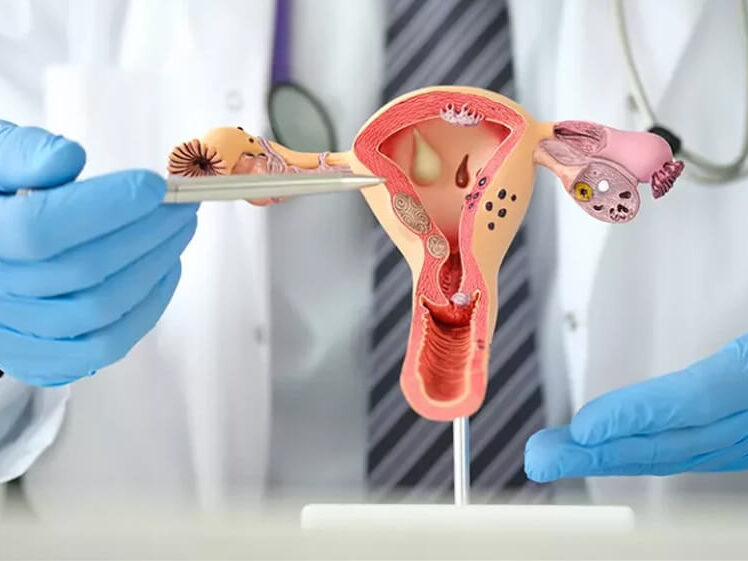
Polycystic Ovary Syndrome (PCOS)
Polycystic Ovary Syndrome (PCOS) is a common hormonal disorder affecting women in their reproductive years, causing imbalances in sex hormones and leading to symptoms such as irregular periods, obesity, infertility, excess hair growth, and severe acne. Dr. David Halio specializes in comprehensive PCOS care, providing personalized treatment plans to address specific symptoms and associated health risks. With expertise in reproductive health and obesity medicine, Dr. Halio is committed to guiding patients through effective management strategies, encompassing lifestyle adjustments, hormonal therapies, and personalized interventions for enhanced overall well-being tailored to individual PCOS-related need.

Breast Exam
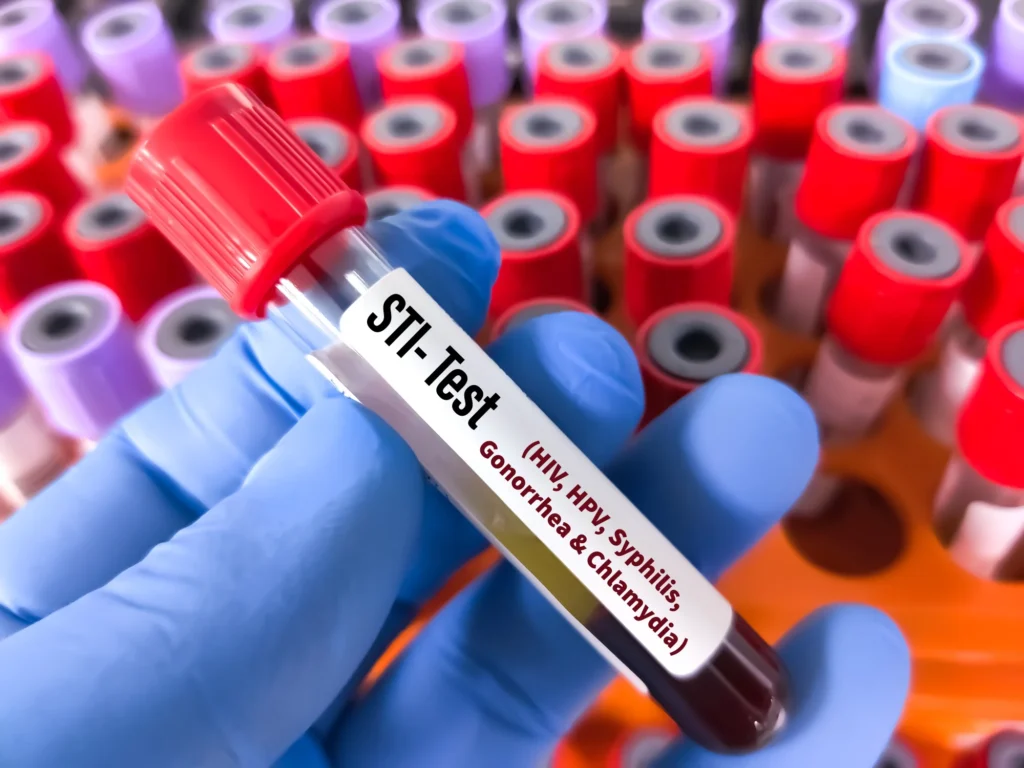
STI Screening
Depending on individual risk factors, sexually transmitted infection (STI) screening may be included in annual gynecological check-ups. STI screenings involve a range of tests to detect infections such as chlamydia, gonorrhea, syphilis, HIV, and others. The screening process may include blood tests, urine tests, and swabs, depending on the specific STIs being assessed. Regular screenings are essential for early detection and prompt treatment, reducing the risk of complications and the transmission of infections.
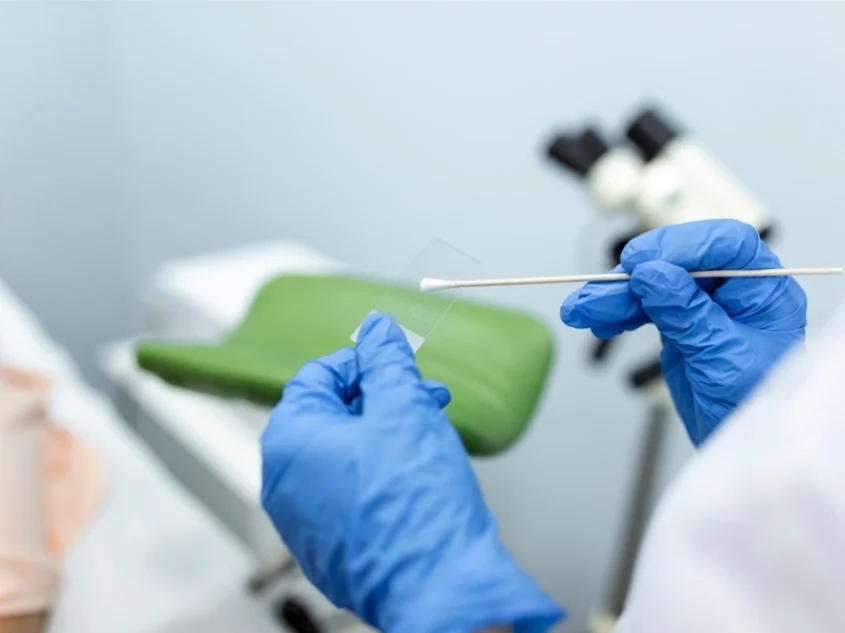
Pap Smear (Pap Test)
A Pap smear, also known as a Pap test, is a screening procedure that involves the collection of cells from the cervix to screen for cervical cancer or abnormal changes in the cervical cells. The frequency of Pap smears may vary based on age and individual risk factors. Pap smears have been highly successful in reducing the incidence of cervical cancer by detecting abnormalities early when they can be effectively treated. Regular screening is a crucial aspect of women’s preventive healthcare.

Fertility Testing
Fertility testing for women is essential to diagnose potential barriers to conception. Typically recommended after a year of trying to conceive (or six months for women aged 35 and older), these tests aim to identify underlying issues that may hinder pregnancy. They include discussions about medical history, blood tests to assess hormone levels and ovarian reserve, pelvic examinations, and minimally invasive procedures such as ultrasound imaging and surgery. Dr. Halio emphasizes the significance of thorough testing in making precise treatment plans, thereby optimizing the likelihood of successful conception.

In-office LEEP procedures
Dr. Halio specializes in performing the Loop Electrosurgical Excision Procedure (LEEP), a treatment designed to remove precancerous cells from the cervix effectively. By eliminating these abnormal cells, the progression into cervical cancer is halted. During the procedure, a small wire loop connected to an electrical current is used to precisely remove the abnormal tissue from the cervix. This process ensures thorough removal of the affected area. The excised tissue is then sent to a laboratory for further analysis.

Colposcopy
Colposcopy is a method used to examine the cervix, vagina, and vulva using a specialized magnifying device called a colposcope. This device greatly enlarges the normal view, allowing an obstetrician-gynecologist to detect problems that may not be visible to the naked eye. It is typically performed when the results of cervical cancer screening tests indicate abnormal changes in the cervix cells, providing additional information about these abnormal cells. Additionally, colposcopy may be recommended if you have certain types of human papillomavirus (HPV) infection. This procedure is out in the ob-gyn’s office, ensuring prompt evaluation and personalized care for patients.

Alternatives to Hysterectomy
Facing the decision of whether to undergo a hysterectomy is very challenging for many women. While this procedure can provide relief from various health issues, it’s important to understand all of the implications before deciding if it’s right for you and to explore all other available alternatives. For the most part, a hysterectomy is necessary only for life-threatening conditions such as cancer, uncontrollable bleeding, or an obstetrical emergency, or for severe uterine prolapse. In many other circumstances, a hysterectomy is not the only option, nor should it necessarily be the first one considered. Dr. Halio is dedicated to guiding you through this decision-making process, exploring whether a hysterectomy aligns with your needs and offering alternative options to ensure the best medical decision for your individual situation.

Early OB Exam
As soon as you suspect you’re pregnant, it is advisable to promptly schedule your initial prenatal visit to embark on your journey towards a healthy pregnancy. Typically occurring around eight weeks after your last menstrual period, this first appointment marks a crucial step in ensuring the well-being of both you and your developing baby. Even if you have not yet selected a healthcare provider for your pregnancy, it is important to consult with someone who can guide you through the early stages of your pregnancy.

Pelvic Exams
A pelvic exam is a vital assessment of your sexual and reproductive health, examining both external and internal pelvic organs like the vulva, vagina, cervix, and uterus. It may be recommended for various reasons. If you experience abnormal bleeding, unusual vaginal discharge, pelvic pain, or pain during sex, a pelvic exam helps diagnose gynecological issues. It is necessary for procedures like intrauterine device (IUD) insertion or endometrial biopsy. A pelvic exam is typically performed at your first prenatal care visit. If you have a history of gynecological conditions such as cervical dysplasia, you may require regular screenings.

Pelvic Pain
Chronic pelvic pain is pain in the pelvic area that lasts for 6 months or longer. Chronic pain can come and go, or it can be constant. It may occur during menstruation or it may only occur at certain times, such as before or after eating, while urinating, or during sex. Chronic pelvic pain can be caused by a variety of conditions may not be related to the reproductive organs but to the urinary tract or bowel. Diagnosing pelvic pain is challenging due to multiple potential causes, sometimes with no identifiable reason. It’s crucial to consult with your healthcare provider, who may conduct a pelvic exam and order tests to determine the cause.

Polycystic Ovary Syndrome (PCOS)
Polycystic Ovary Syndrome (PCOS) is a common hormonal disorder affecting women in their reproductive years, causing imbalances in sex hormones and leading to symptoms such as irregular periods, obesity, infertility, excess hair growth, and severe acne. Dr. David Halio specializes in comprehensive PCOS care, providing personalized treatment plans to address specific symptoms and associated health risks. With expertise in reproductive health and obesity medicine, Dr. Halio is committed to guiding patients through effective management strategies, encompassing lifestyle adjustments, hormonal therapies, and personalized interventions for enhanced overall well-being tailored to individual PCOS-related need.

Breast Exam

STI Screening
Depending on individual risk factors, sexually transmitted infection (STI) screening may be included in annual gynecological check-ups. STI screenings involve a range of tests to detect infections such as chlamydia, gonorrhea, syphilis, HIV, and others. The screening process may include blood tests, urine tests, and swabs, depending on the specific STIs being assessed. Regular screenings are essential for early detection and prompt treatment, reducing the risk of complications and the transmission of infections.

Pap Smear (Pap Test)
A Pap smear, also known as a Pap test, is a screening procedure that involves the collection of cells from the cervix to screen for cervical cancer or abnormal changes in the cervical cells. The frequency of Pap smears may vary based on age and individual risk factors. Pap smears have been highly successful in reducing the incidence of cervical cancer by detecting abnormalities early when they can be effectively treated. Regular screening is a crucial aspect of women’s preventive healthcare.


